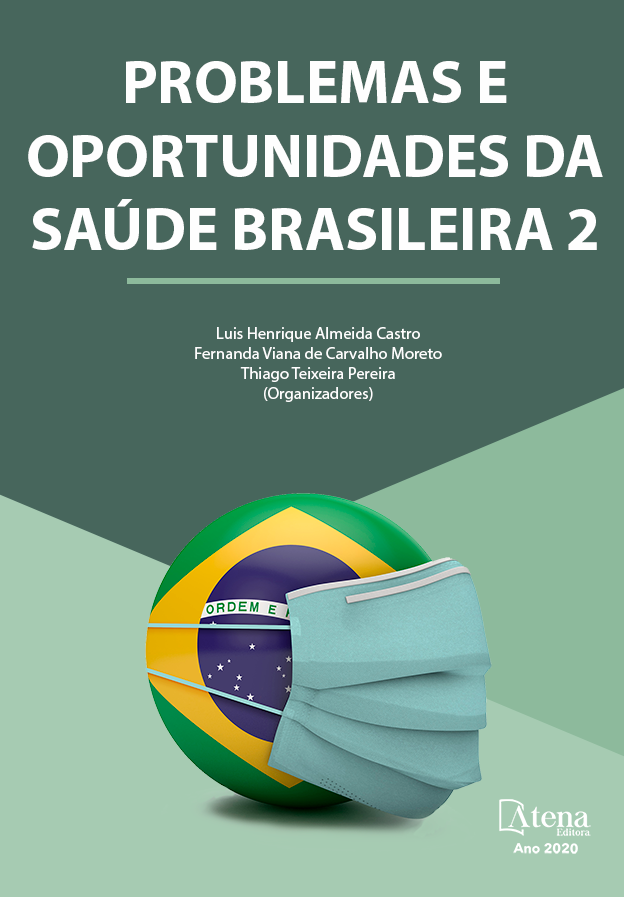
PARASITAS COM POTENCIAL PATOGÊNICO AO HOMEM EM RÚCULA (ERUCA SATIVA) COMERCIALIZADAS EM CASCAVEL, PARANÁ.
Enteroparasitoses podem ser transmitidas ao homem através do consumo de hortaliças contaminadas e mal higienizadas, acarretando manifestações clínicas que prejudicam o desenvolvimento e produtividade do indivíduo. Objetivou-se verificar a ocorrência desses parasitas em rúcula (Eruca sativa) comercializáveis. O estudo foi realizado durante os meses de Junho a Outubro de 2016, onde foram analisadas 50 amostras de rúcula, sendo estas submetidas a ensaios com as metodologias de Hoffmann e Faust. Das amostras analisadas 76% encontraram-se contaminadas por parasitas intestinais, sendo Strongyloides stercoralis a espécie encontrada com maior frequência. Obteve-se maior número de amostras positivas quando analisadas pelo método de Hoffman, visto que 35 amostras de um total de 38 amostras positivas continham alguma forma de parasita intestinal, enquanto no método de Faust, 30 amostras apresentaram contaminação. Os resultados ressaltam o risco de infecção pelas verduras consumidas in natura, indicando baixa qualidade higiênico-sanitária no sistema produtivo e comercial de hortaliças.
PARASITAS COM POTENCIAL PATOGÊNICO AO HOMEM EM RÚCULA (ERUCA SATIVA) COMERCIALIZADAS EM CASCAVEL, PARANÁ.
-
DOI: 10.22533/at.ed.69620261015
-
Palavras-chave: Hortaliças, enteroparasitoses, saúde pública
-
Keywords: Vegetables, enteroparasitoses, public health
-
Abstract:
Enteroparasitoses can be transmitted to the man through the consumption of contaminated and bad hygienized vegetables, resulting in clinical manifestations that prejudice the development and productivity of the individual. The objective of this study was to verify the occurrence of enteroparasites in marktable arugula (Eruca sativa). The study was carried out during the months of June to October 2016, where 50 arugula samples were analyzed, and these were submitted to tests with the methodologies of Hoffmann and Faust. Of the analyzed samples, 76% were contaminated by intestinal parasites, with Strongyloides stercoralis being the most frequent species. We obtained a number of positive samples when analyzed by the Hoffman method, since 35 samples from a total of 38 contained some form of intestinal parasite, while in the Faust method only 30 samples showed contamination. The results emphasizing the risk of infection by vegetables consumed in natura, indicating low hygienic-sanitary quality in the vegetable production and commercial system.
-
Número de páginas: 11
- Ana Caroline Battistus
- Veridiana Lenartovicz Boeira
- Leyde Daiane de Peder
- Edirlene Sara Wisniewsk
- Eloiza Cristina Martelli


